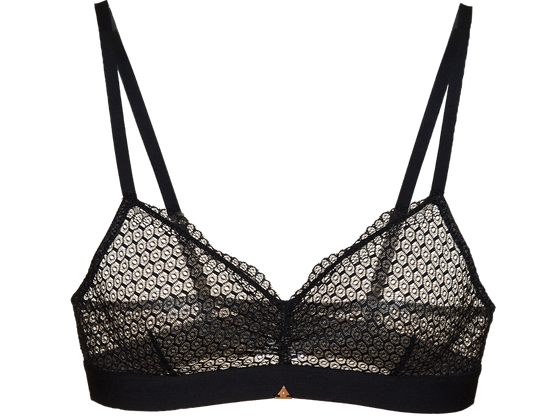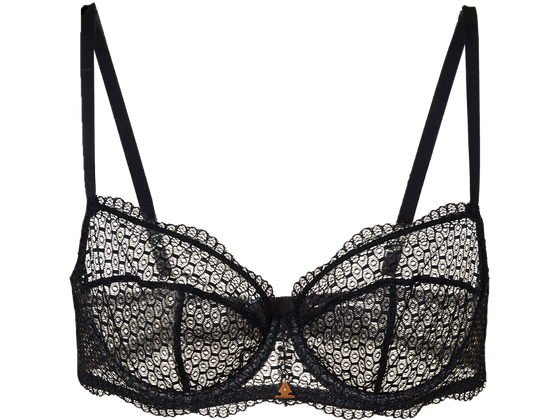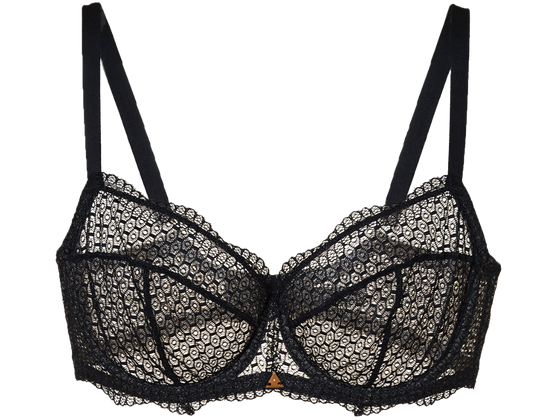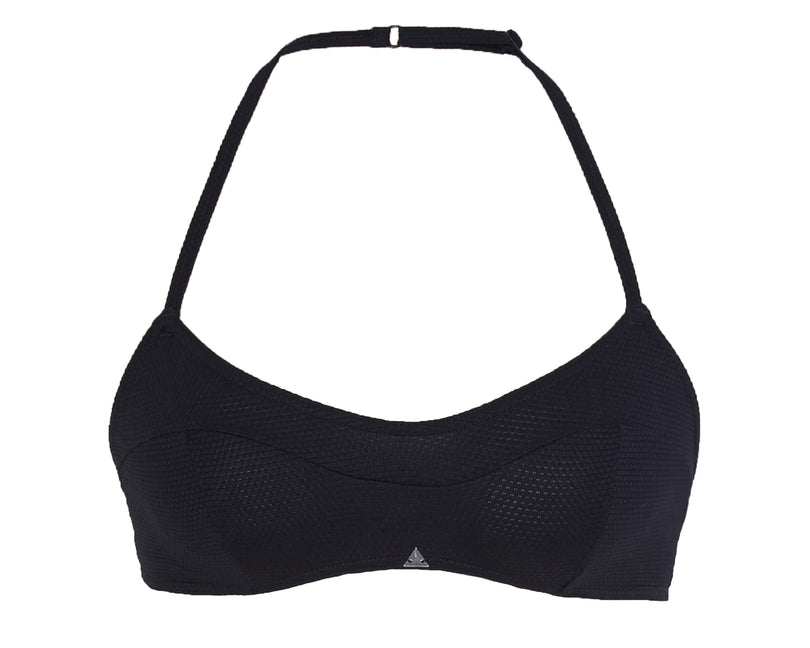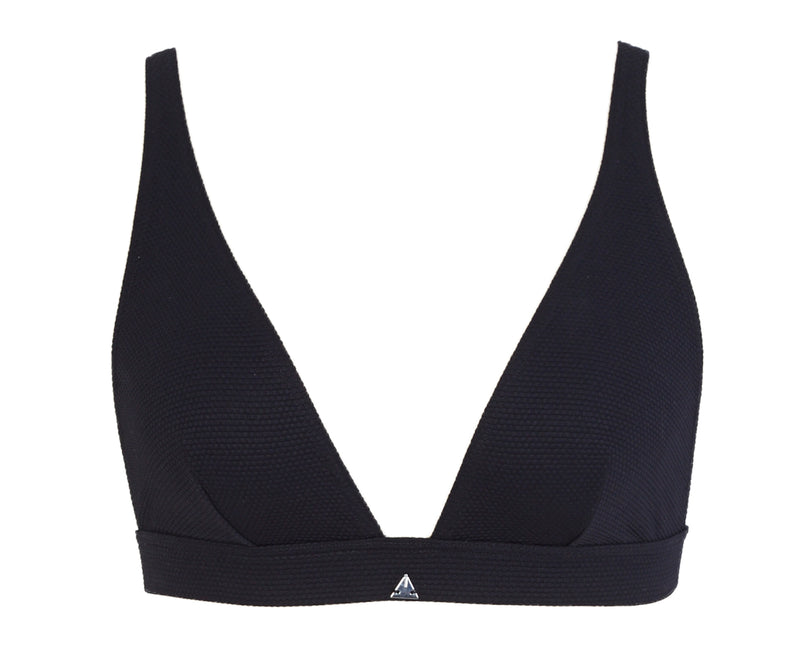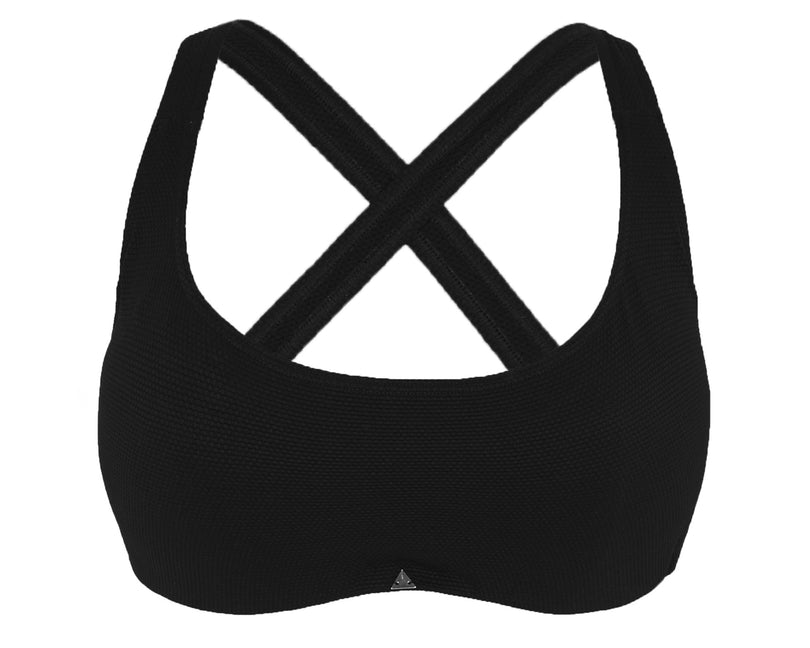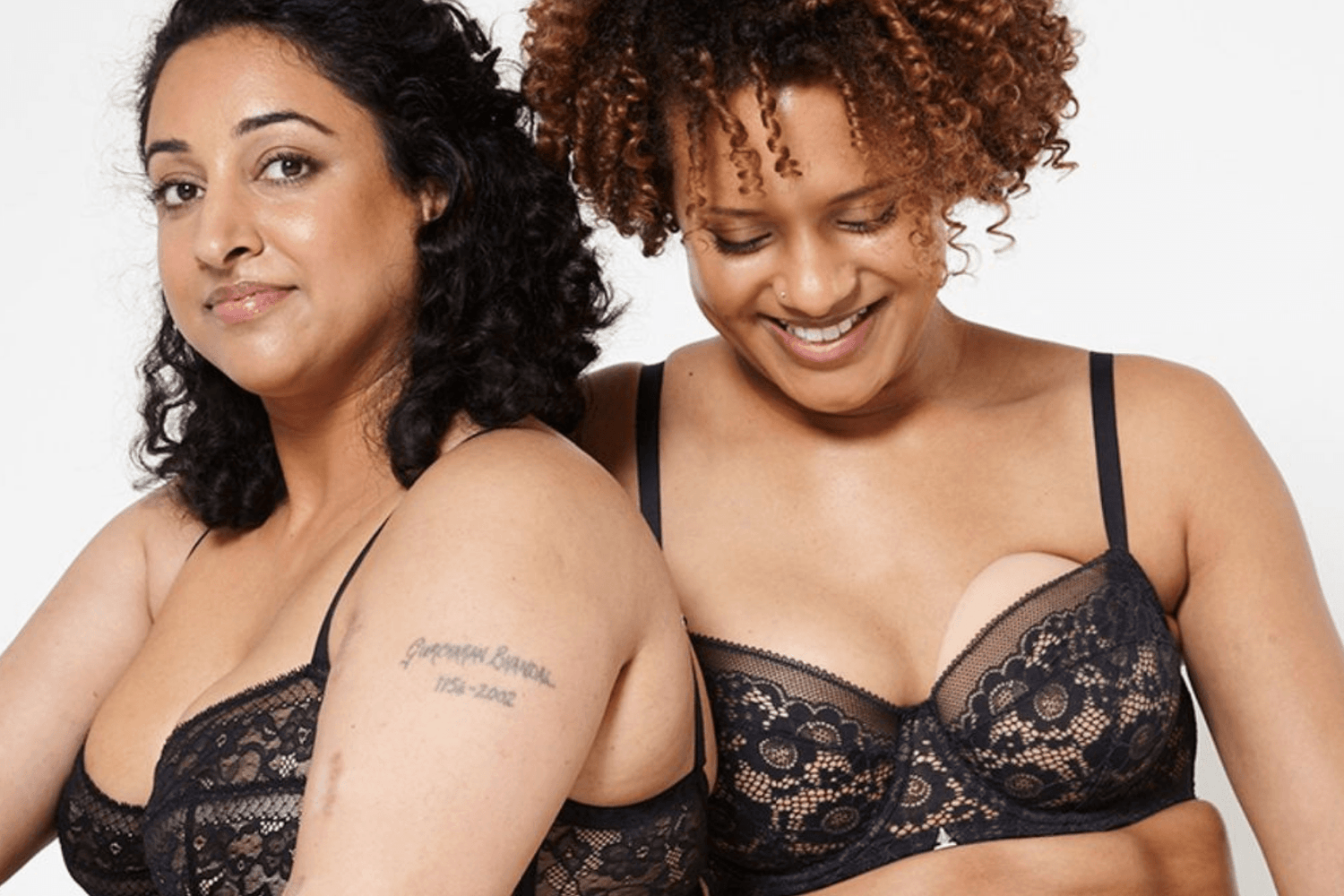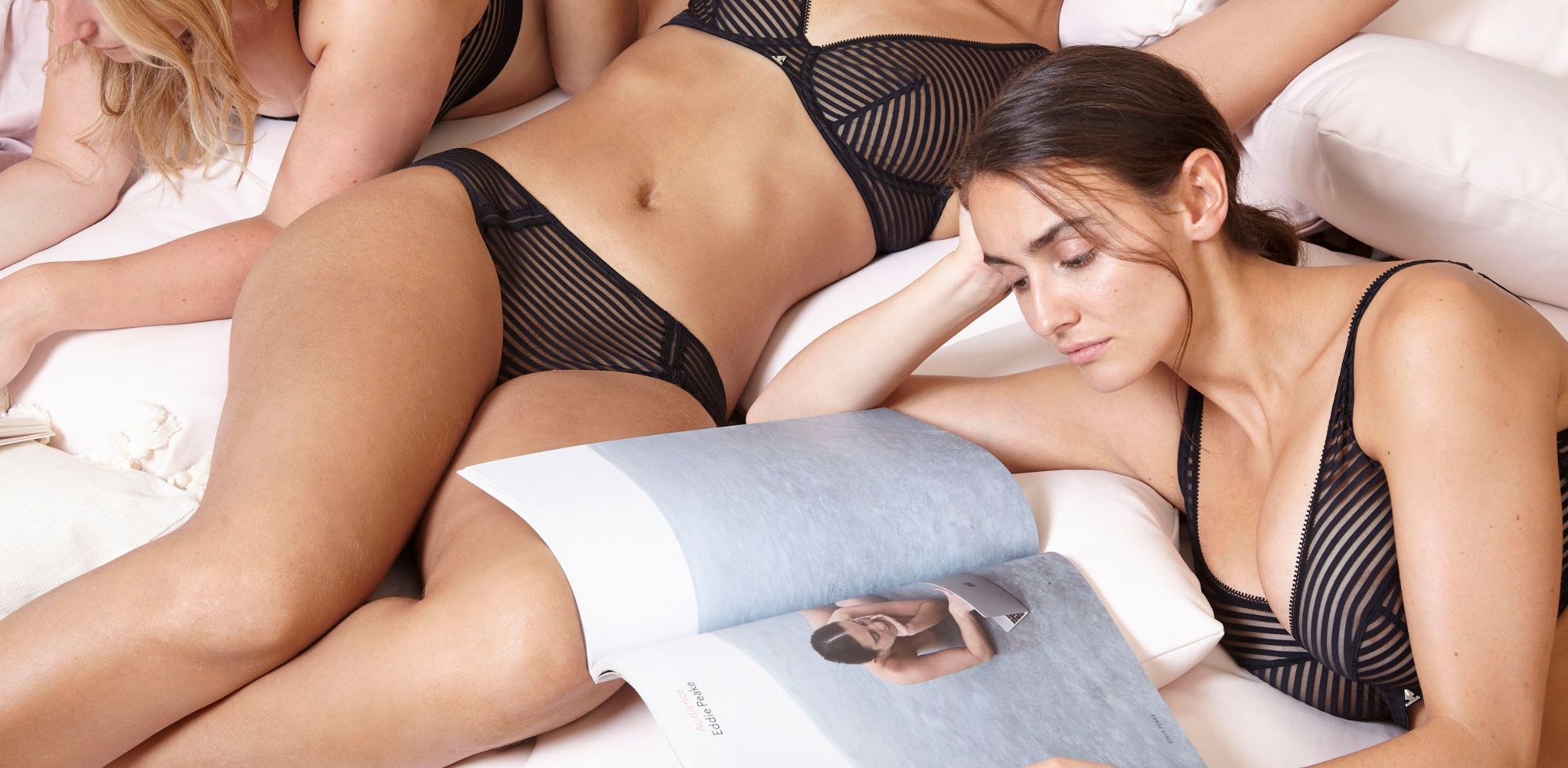Could you tell us a little about your individual timelines of cancer.
LILY: I first found a lump when I was 28 using the techniques taught to me by Coppafeel. I went straight to the GP who referred me to a breast clinic, where I got an ultrasound. They said it looked like cysts, and with my age shouldn’t be much more, but to keep an eye on it.
Just under a year later while at work, I got a stabbing pain in my chest. I was terrified that one of the cysts they’d told me I had had ruptured, so I went back to the GP, who referred me to a different breast clinic. The doctor joked about how she did so many biopsies “just in case” that her colleagues made fun of her but she’d rather be safe than sorry. That was the day before my 29th birthday, March 2016. I was told I had cancer a week afterwards.
From there, I had my mastectomy twenty days after that
As far as they could tell, it was ductal carcinoma in situ, meaning it hadn’t spread. The tumour, while not completely cancerous (mostly calcification), was 10 cm (4in) across, so basically my entire left breast. But during the mastectomy they found cancer cells in one of my lymph nodes, meaning I was bordering stage 3. So they decided to hit me with everything they had.
Luckily my partner and I had the time between surgery and chemo to go down the IVF route. After that I had six rounds of FEC-T chemotherapy (May-August), another surgery to clear my lymph nodes, then radiotherapy in November. I got the all clear in December 2016.
After that I’ve had two years of hormone therapy which kept me in a menopausal state to stop hormones affecting my remaining breast tissue. Testing showed no genetic reason, I had no family history. I was just an anomaly. But the window of recurrence is the first two years after treatment, so as a precaution I was on Zoladex injections (the needles are like turkey basters!) and Exemestane tablets until New Years Eve this year. I might have to go back on hormone therapy one day, but for now, it’s over.
SONIA:
Diagnosied age 28 on 26 October 2016
Started chemo November 2016
Bilateral mastectomy 10 May 2017
Fell very sick and was stuck in hospital for 6 weeks, rather than the usual 5 days.
Had blood transfusions, multiple procedures, re-feeding disorder, wound infections and breakdowns etc etc
Released from hospital June 2017
Started to work on recovery…
January 2019 – Nipple reconstruction
June – Nipple tattoos
August – Nipple tattoos
December upcoming (another session of nipple tattoos)
Ongoing yearly checks as I have BRCA2 gene.

How did you two meet?
LILY: Instagram was a saving grace for me – sometimes it’s really hard to process what you’re going through and to see other people who you could instantly relate to was a gift. Sonia had such a way of putting into words how I felt, even the things I didn’t want to admit to myself at the time. She was so candid and open (and adorable!). She was a voice and a friend at a time I really needed both.
SONIA: I was first diagnosed with breast cancer and just felt lost. I turned to social media and began searching for anyone I could relate to. I searched the hashtag #breastcancer and came across Lily. So I messaged her, and that’s how we got connected!
What rituals or routines empowered you during your cancer journeys?
LILY: Self care. It may be seen as a buzzword but my god is it important! After all my treatments I wanted to throw myself back into this lifestyle I had before, which was just not feasible anymore! And learning to listen to what my body, and my mind, was asking for, has helped immensely. I learnt to cook! I learnt to say no, step away and have some quiet time. I went to counselling. And I learnt to accept this new normal, and this new me. I’m still learning about myself, but who isn’t?
SONIA: I felt most empowered when I blogged on social media, when I expressed how I was feeling, not only was it therapeutic for me but it was helping other women, whether they were going through cancer or not as a lot of my blogs discussed insecurities.
I also found taking control of what I ate and doing a lot of research helped me feel a little more in control. I used to green juice, have vegan days, and just be more self-conscious with my diet. This helped during my treatments.
How has the experience changed your outlook on life?
LILY: I wish I could say I had all this energy to try skydiving and travelling to deepest Peru and doing a bucket list of crazy things, which is perfect for some people! I don’t but I don’t begrudge myself. I think before this all happened I had all these ideas of who I “should” be, what stage in my life I “should” be at. That all went out the window. Like is unpredictable. Sometimes it’s horrendous. Sometimes it’s so wonderful you can’t quite believe it’s real. Love, for friends, families, pets, anything, can make the everyday so subtly magic.
SONIA: The biggest thing I’ve learnt from having had cancer though is to say no sometimes, and put my well being first. I always used to be that “yes” person and try to fit in everything to make sure I wasn’t letting anyone down. However, now I am able to set boundaries more and realise when my body needs rest or when I need to take myself off for a massage, some therapy or alone time for my mental wellbeing.
Sometimes I think people expect you to have miraculous new outlook on life, but I am exactly how I used to be but with more scars and trauma! I do always feel a little sense of urgency when it comes to wanting to achieve certain things or visit certain countries which can sometimes be more anxiety provoking. You think what if the cancer comes back and I don’t have much time left, I need to do everything now! However, I try to manage this anxiety through practises I’ve learnt throughout therapy.
What did the people close to you do or say that made a difference?
LILY: My friends are hilarious. I remember one mate jokingly complaining about having a cold to me – but I have the power of one-upmanship for the rest of my life! Another helped me shave my head after my first chemo treatment. I had a mini-festival midway through my chemo treatments where we stayed up all night laughing & dancing. I got care packages that made me cry with happiness.
There were times where someone unintentionally said the “wrong” thing. But in that situation, there isn’t always a “right” thing to say. Sometimes all it took was to come sit on the sofa under a blanket and watch Disney films with me.
SONIA: My friends and family used to make me laugh a lot. They used to come around as normal and talk about their problems, whether it was a break up with their boyfriend or planning their big wedding. And I used to love it as they treated me normally. I never used to like when people shied away from telling me about their life, or referred to their problems as insignificant because I had cancer. That used to frustrate me as I still moan about the weather now, or other problems I have, as everything is relative at that time in your life. I feel people treating / talking to you normally really made a huge difference.
What would you like people to know about your experience?
LILY: That the NHS is a spectacular institution filled with warm, incredible people.
That some moments are harder than others.
There’s a language sometimes, about “beating” cancer or being a “fighter” that I really struggle with. I didn’t beat cancer because I was “stronger” than someone who didn’t. I was lucky, and cancer is a bastard. And no two experiences are the same. But sometimes you are stronger in yourself than you may have previously thought. You can surprise yourself. But there is no weakness in asking for help when you need it.
SONIA: I would like people to know that I have met so many breast cancer survivors, or people going through breast cancer and never once have I come across a woman who has had the same experience, ever!
I want people to know that breast cancer isn’t just pink campaigns, remove a lump, have a bit of chemo and you are done. It affects every single aspect of your life.
I could no longer work, the hospital became my job, friendships I had for many years broke down, chemotherapy not only ripped away my energy, hair, eyelashes and eyebrows but it also still affects my brain years on, I have suffered fatigue, hormonal imbalances and depression. I thought I would have to have a simple lumpectomy but instead I end up with a hip to hip scar that I never expected, you then have to process a whole new body. Literally everything changes and I just want people to know that not all experiences are the same, and how much of a ripple effect is can have on your life for years to come. I have spoken to many cancer survivors who agree that after treatment is over, that’s when they feel the most vulnerable and depressed. The hospitals stop calling, their friends see their hair is growing and their energy is up yet we are still healing, we are still weak and we are still processing the trauma.

